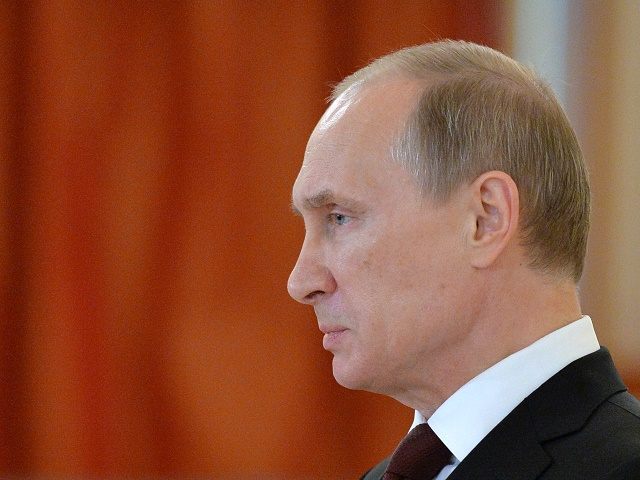Russia’s military excursion into Syria has driven estranged partners Turkey and the European Union to try to make amends, further isolating the Syrian Kurds, reports Rudaw, citing analysts.
The article notes:
The European Union muted its criticism of Turkey’s new war against the Kurdish PKK [Kurdistan Worker’s Party] guerrillas and its bid to sideline the Western-backed Kurdish PYD [Democratic Union Party] rebels in Syria when it hosted talks in Brussels on Monday with Turkish President Recep Tayyip Erdogan.
“Instead the talks focused on how the two sides could bridge their differences and cooperate in a way that could ease the refugee crisis in both Turkey and the EU as well as tackle perceived threats from Russia against NATO member Turkey,” it adds.
Russian warplanes violated Turkish airspace as they attempted to bomb opponents of Syrian dictator Bashar al-Assad in Syria, which include U.S.-armed and equipped so-called moderate Syrian rebels, as well as members of al-Qaeda affiliate al Nusra Front.
Russia claimed it was targeting the Islamic State (ISIS/ISIL), but evidence shows the terrorist group was nowhere near the areas being bombed by the Russian military.
The U.S. and its allies have accused Russia of trying to prop up its ally Assad.
“Erdogan gained a lot of sympathy from the Europeans,” Rudaw learned from Joshua Walker, an analyst with The German Marshall Fund.
“All the statements from the secretary general of NATO (Jens Stoltenberg) and European leaders were that we stand with Turkey against Russian aggression,” Walker added.
NATO’s secretary general told reporters in Brussels that Russian violations of Turkey’s airspace were intentional.
“Unfortunately I do not think there is any gain for the Kurdish leaders because it actually makes the Kurdish hand much weaker than it was before,” Walker said, adding, “Before the only (opposition) fighting force that really represented any future in Syria was the Kurdish force. Now, suddenly the Russians have gotten involved and suddenly the Kurds do not look as strong as they used to be.”
“There is no real champion right now for the Kurds,” Walker also said.
Rudaw notes that it is too early to determine whether or not the recent flare of diplomacy between the EU and Ankara will fully amend their relationship.
“The question is what can Erdogan do by being there in person that will give the appearance that this is not the death of the EU-Turkish relations but it is the beginning of a new life,” Walker said.
The Turkish leader is placing his bets on the worst refugee crisis since World War II leading to better cooperation between his country and the EU and that “they will find reasons to work together.”
“The bilateral relationship has suffered for years over European complaints of human rights abuses in Turkey and the stalling of negotiations for Ankara to become an EU member,” reports Rudaw.
“But now the refugee issue could actually provide a new momentum and a new perspective because that is an area where a lot of collaboration will be needed,” Sinan Ulgen, chief of the EDAM think tank based in Istanbul, told Rudaw.
While in Brussels, Erdogan urged the EU to set up a no-fly zone in northern Syria, which critics say is aimed at monitoring the influence of the Western-backed Kurdish PYD group.
“Ulgen and Walker agreed that the EU will unlikely meet Erdogan’s demand for a no-fly zone as he tries to limit PYD influence there even though both Ankara and the Kurdish group share the goal of ousting Assad,” reports Rudaw.
The United States and some EU members have hailed some Kurdish troops fighting ISIS and other terrorists on the ground in Syria and Iraq as a viable and efficient force.

COMMENTS
Please let us know if you're having issues with commenting.